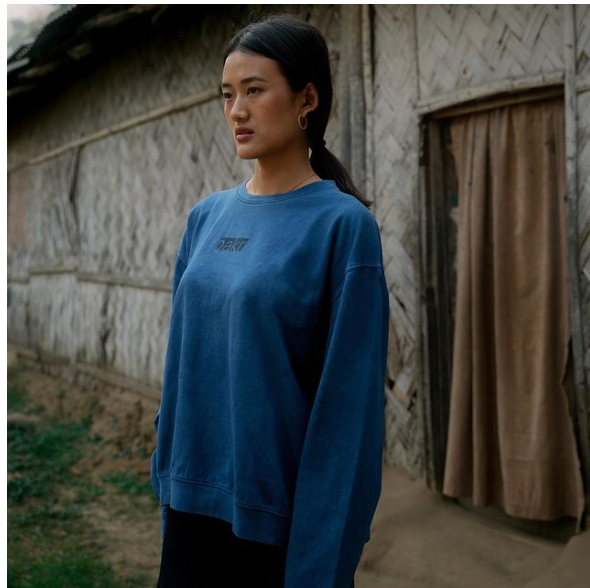India is renowned for its rich cultural heritage and traditions, and this is reflected in its textiles. The country boasts a wealth of traditional textile crafts, each with its own unique style and history. From the intricate hand embroidery of Lucknow to the block-printed fabrics of Rajasthan, India's textile heritage is a testament to the creativity and skill of its artisans.
In recent years, there has been a growing movement towards sustainable fashion, with designers and consumers alike seeking out sustainable and ethical alternatives to fast fashion. Many of India's traditional textile practices offer a sustainable solution, as they often involve traditional techniques, minimal chemical use and a slow process.
In this guide, we'll explore some of India's traditional textile crafts and showcase the talented designers who are using these techniques to create beautiful and sustainable fashion.
Block Printing
Block printing is a popular textile craft in India, particularly in the state of Rajasthan. It involves carving intricate designs into wooden blocks, which are then used to stamp the fabric with ink. The process is entirely handcrafted and requires a great deal of skill and precision.
Block printing is a sustainable textile practice as it involves minimal chemical use and has low water usage. The natural dyes used in block printing are often made from plant-based materials, such as indigo or turmeric, which are safer for the environment.
One designer who has embraced block printing is Anavila Misra, whose eponymous label focuses on sustainable and organic fabrics. Anavila's collections feature beautiful block-printed linen and cotton fabrics, which are dyed with natural pigments.

Handloom Weaving
Handloom weaving is another traditional textile craft that has been practiced in India for centuries. It involves weaving threads together on a loom to create fabrics of different textures and patterns. Handloom weaving is a slow process, and the fabric produced is often of a higher quality than mass-produced textiles.
Handloom weaving is a sustainable textile practice as it has low energy usage and produces minimal waste. The cotton, silk, and wool used in handloom weaving are often organic and locally sourced, further reducing the environmental impact.
Weaving is a labour intensive process where the artisan spends several months to get the final product.
Designer Sanjay Garg is known for his exquisite handloom silk saris, which are woven by artisans in Varanasi using traditional techniques. His label, Raw Mango, is committed to promoting handloom weaving and supporting local artisans.

Natural Dyeing
Natural dyeing is a sustainable alternative to synthetic dyes, which can be harmful to the environment and human health. Natural dyes are made from plant-based materials, such as flowers, roots, and leaves, and produce a range of beautiful and unique colors.
India has a long history of natural dyeing, with traditional practices passed down through generations. One of the most well-known natural dyes is indigo, which is derived from the leaves of the indigo plant. The process of dyeing with indigo is complex and requires great skill, but the resulting deep blue color is highly prized.
Designer Hizqueel Muhammad is a champion of natural dyeing, and his label, BAKR Society, produces clothing made from sustainably sourced and naturally dyed textiles. His collections feature fabrics dyed with indigo which is nurtured in his own workshop.
Upcycling
Upcycling is the process of repurposing old or discarded materials to create something new and valuable. It's a sustainable alternative to fast fashion, as it reduces waste and minimizes the need for new resources.
Many Indian designers are embracing upcycling as a way to create sustainable fashion. Designer Rahul Mishra, for example, uses scraps of fabric to create intricate embroidery designs on his garments. His collections feature beautiful dresses, jackets, and pants, all made from upcycled materials.
Sustainable Fashion in India
The sustainable fashion movement is gaining momentum in India, with designers and consumers alike recognizing the importance of eco-friendly and ethical practices. Many Indian designers are incorporating traditional textile crafts into their collections, creating beautiful and sustainable fashion that showcases the country's rich cultural heritage.
In addition to the designers mentioned above, there are many other sustainable fashion labels in India, including Doodlage, Pero, and Ka-Sha, to name just a few. These labels are committed to using sustainable materials and ethical production practices, and are helping to lead the way towards a more sustainable fashion industry.

